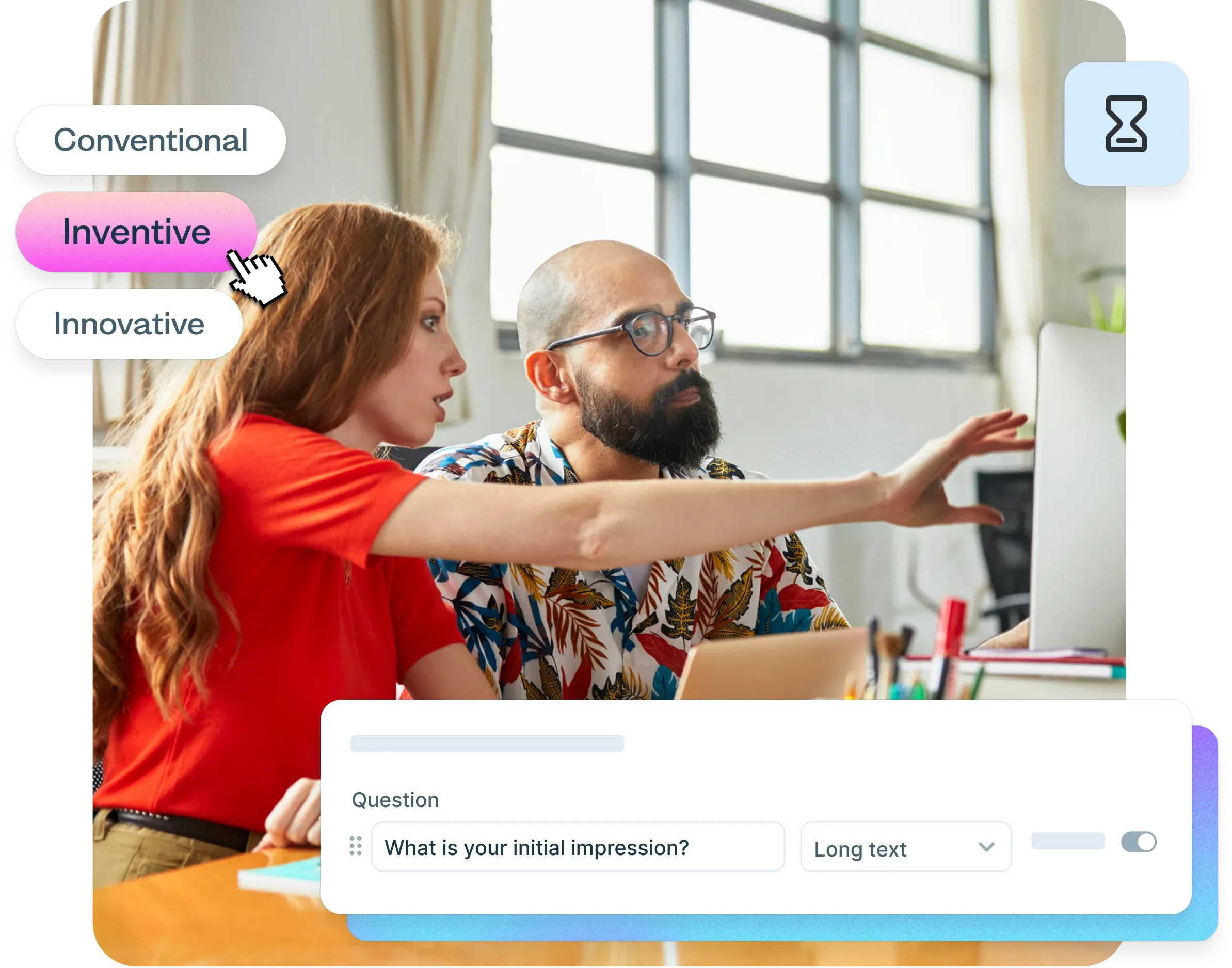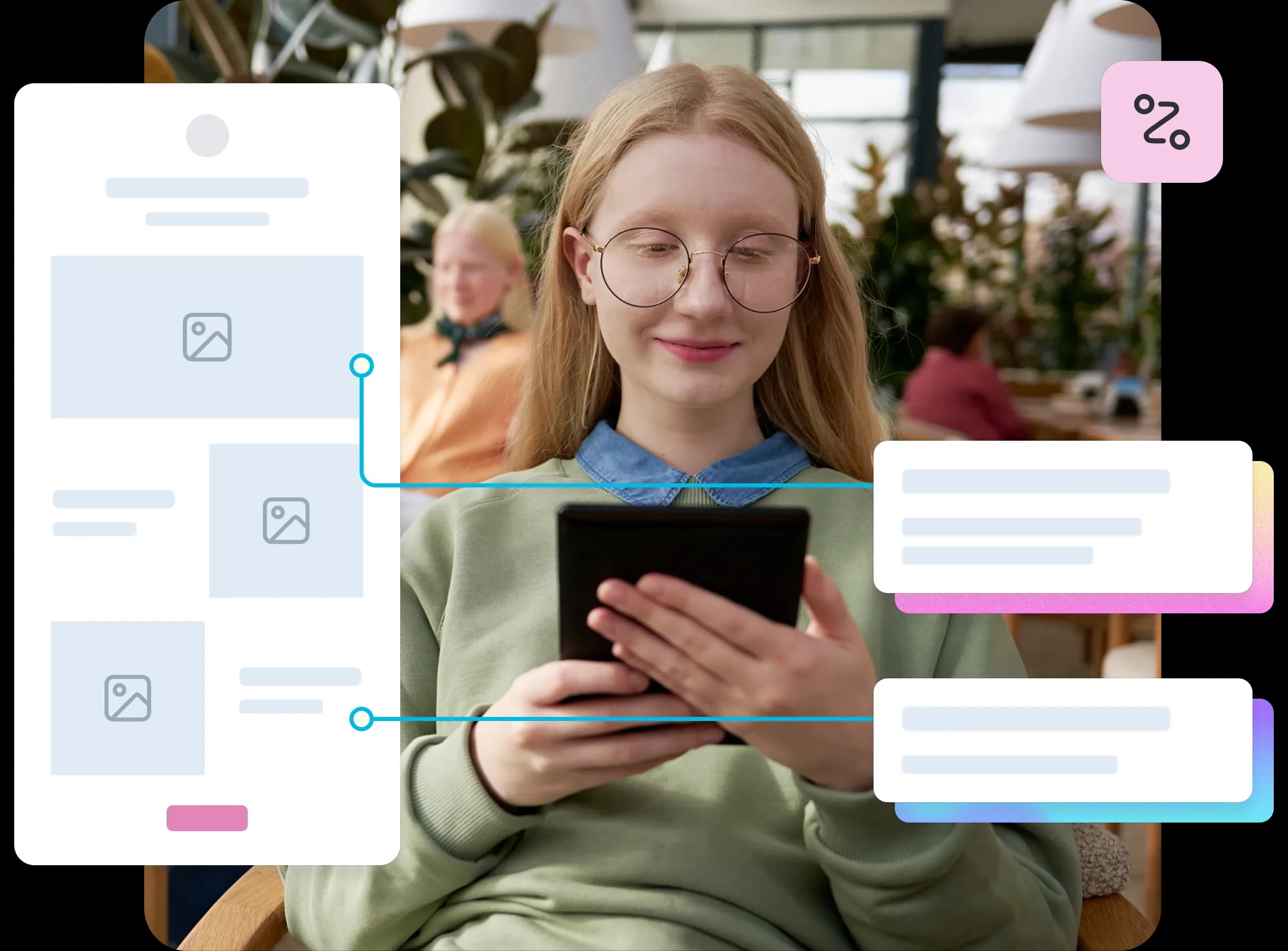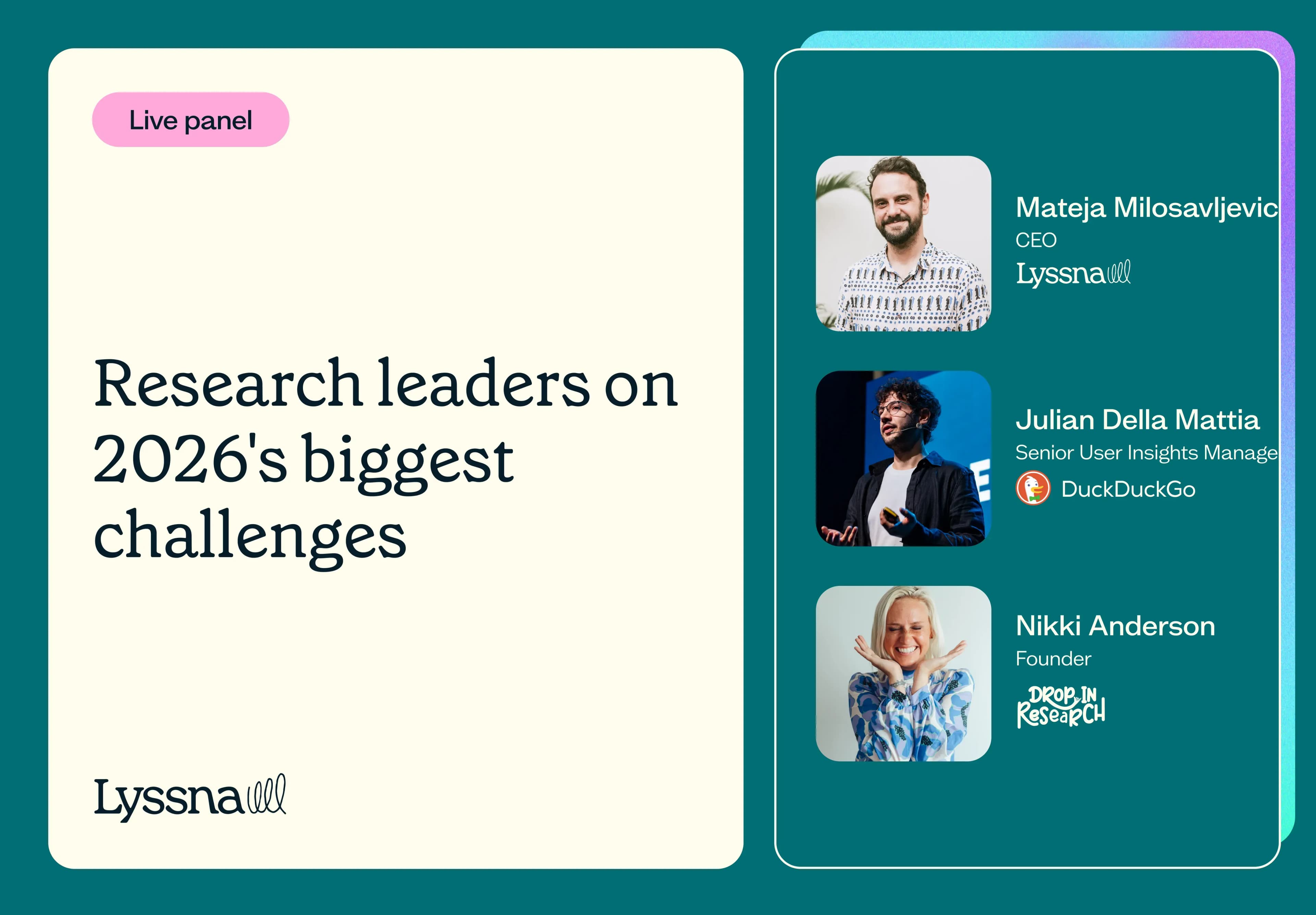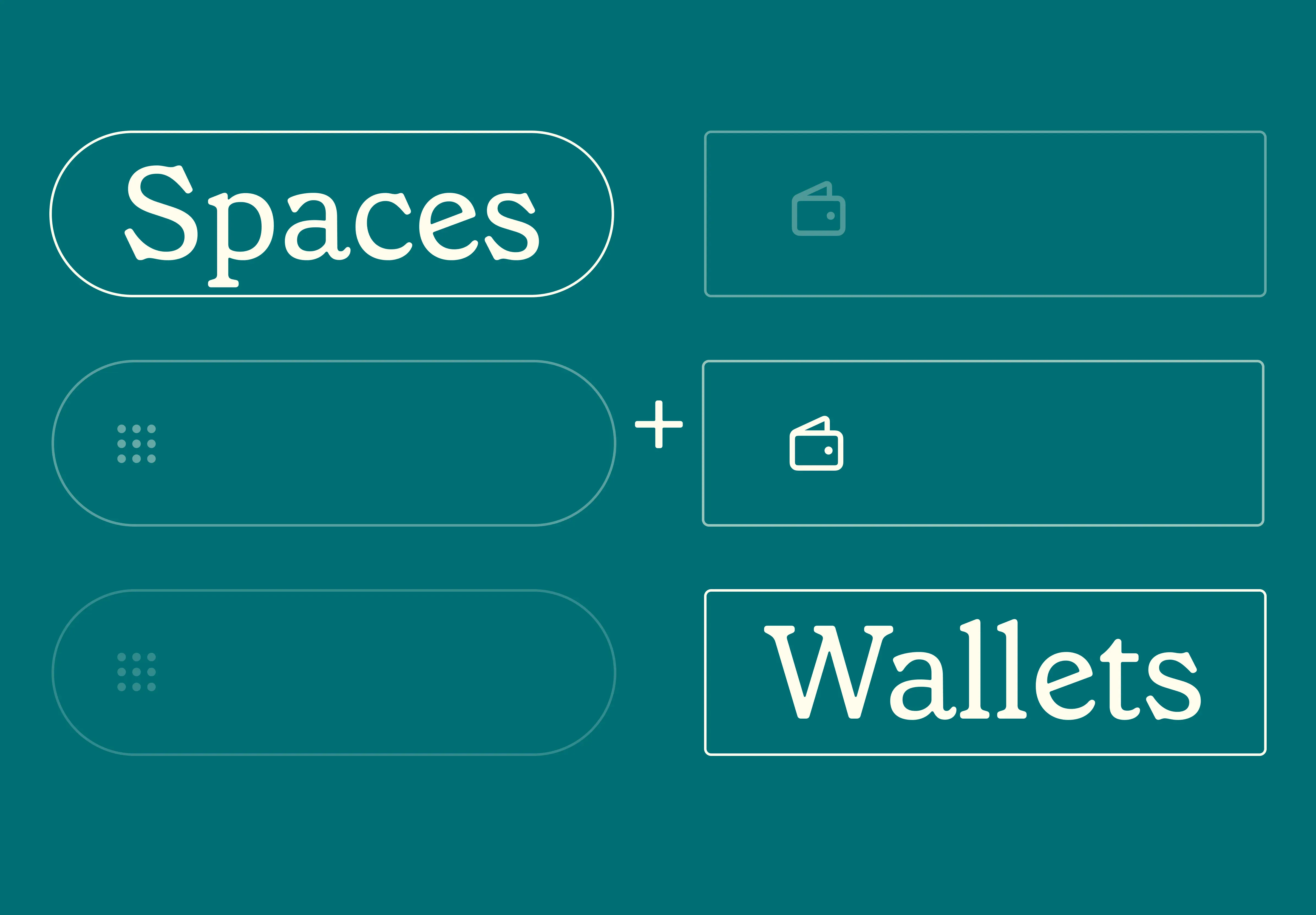22 Aug 2025
|20 min
UX workshops
Unlock the creative potential of your team with these five key UX workshops.

Have you ever felt like you're spinning your wheels in the UX design process? You're not alone. Many UX designers struggle with getting stuck in a rut, especially when it comes to generating new ideas and making informed decisions.
What if there was a way to break out of this cycle and unlock your creative potential? That's where UX workshops come in. These collaborative sessions can help you to:
Gain a deeper understanding of your users.
Brainstorm innovative solutions.
Make informed decisions about your designs.
If you're ready to take your UX design skills to the next level, then you need to learn about UX workshops.
In this article, I'll share five essential UX workshops that you can use to improve your design process and create products that your users love.

UX workshop types: Quick comparison guide
Workshop Type | Best Used When | Duration | Key Participants | Main Deliverables |
|---|---|---|---|---|
Discovery | Project kickoff, unclear requirements | Half day - 1 day | Half day - 1 dayProduct managers, researchers, key stakeholders | User personas, problem definition, project roadmap |
Empathy | Team lacks user understanding | 2-4 hours | Full design team, developers, stakeholders | Empathy maps, user journey maps, shared user insights |
Design Thinking | Need creative solutions, ideation phase | 1-2 days | Cross-functional team | Prototypes, tested concepts, prioritized ideas |
Prioritization | Too many ideas, unclear roadmap | 2-4 hours | Product owners, stakeholders, design leads | Feature roadmap, prioritized backlog, decision framework |
Critique | Design reviews, feedback needed | 1-2 hours | Designers, stakeholders, subject matter experts | Action items, design improvements, validation insights |
Validate workshop ideas
Want to test your workshop insights with real users? Use Lyssna and turn assumptions into data.
Discovery workshops
What is a discovery workshop? A discovery workshop is a collaborative session designed to establish a solid foundation of understanding at the beginning of a project. These workshops bring together stakeholders, designers, and researchers to align on user needs, define problems clearly, and set project direction through structured activities like user research synthesis, persona development, and problem statement creation.
When to use discovery workshops
Discovery workshops are helpful during project initiation when you're facing:
Vague or conflicting project requirements.
Limited understanding of user needs.
Stakeholder misalignment on goals.
New market or user segment exploration.
Who should participate
Core team: Product manager, UX researcher, lead designer.
Stakeholders: Business owners, marketing representatives.
Subject matter experts: Customer support, sales team members.
Optional: Key customers or user representatives.
Typical workshop structure (Half-day to full-day format)
Morning session: Problem definition & user understanding
Stakeholder alignment session (1 hour).
User research synthesis (1.5 hours).
Problem statement workshop (1 hour).
Afternoon session: Solution exploration & planning
Persona development (1.5 hours).
User journey mapping (1 hour).
Project roadmap creation (1 hour).
Expected deliverables
User personas with detailed behavioral insights.
Problem statement clearly defining what needs solving.
Project charter outlining scope and success metrics.
Initial user journey maps highlighting key touchpoints.
Research plan for ongoing user validation.
Pro tip: Start every discovery workshop with an "assumptions parking lot" where team members write down their preconceptions. Return to this list throughout the workshop to challenge or validate assumptions with data.
Example application
Imagine a fintech startup planning to expand into small business banking. A one-day discovery workshop could reveal that their assumption about "simplified banking" might be wrong – small business owners may actually want more detailed financial controls, not fewer. This type of insight could prevent them from building a product that would fail in the market.
Key success factors:
Gather actual user data before the workshop.
Include diverse stakeholder perspectives.
Focus on problems, not solutions.
Document everything for future reference.
Through a combination of user research, brainstorming, affinity diagramming, and persona development, discovery workshops help teams delve into the user's world, uncovering their motivations, pain points, and unmet needs. This deep dive into user insights empowers teams to make informed decisions about the project's direction, making sure that the product development process is user-centered from the very beginning.
Benefits summary
By investing in discovery workshops, teams can:
Gain a holistic understanding of the target audience.
Identify key user needs and pain points.
Align stakeholders on project goals and objectives.
Establish a clear roadmap for the design process.
With a comprehensive understanding of user needs and a well-defined project scope, teams can move forward with confidence, knowing that their efforts are aligned with user expectations and business objectives.

Empathy workshops
What is an empathy workshop? An empathy workshop is a collaborative session focused on developing deep understanding of user emotions, motivations, and experiences. These workshops use structured activities like empathy mapping, journey mapping, and user story analysis to help team members step into users' shoes and build shared understanding of the people they're designing for.
When to use empathy workshops
Empathy workshops are crucial when your team needs to:
Bridge the gap between business goals and user needs.
Onboard new team members to user perspectives.
Re-energize a team that's lost touch with users.
Prepare for major design decisions affecting user experience.
Who should participate
Design team: UX designers, researchers, content strategists.
Development team: Front-end developers, product engineers
Business stakeholders: Product managers, executives
Customer-facing roles: Support staff, sales representatives
Typical workshop structure (2-4 hour format)
Session 1: User immersion (2 hours)
User interview video review (30 minutes).
Individual empathy mapping (45 minutes).
Group empathy map synthesis (45 minutes).
Session 2: Journey understanding (2 hours)
Current state journey mapping (1 hour).
Pain point prioritization (30 minutes).
Opportunity identification (30 minutes).

Expected deliverables
Consolidated empathy maps showing user thoughts, feelings, actions, and pain points.
Current state user journey with emotional highs and lows.
Pain point prioritization matrix ranking issues by impact and frequency.
Opportunity map highlighting areas for improvement.
Team empathy charter committing to user-centered decisions.
Pro tip: Use the "5 Whys" technique during empathy mapping. When a user expresses frustration, ask "why" five times to uncover the root emotional drivers behind their behavior
Example application
Consider an ecommerce team receiving complaints about their checkout process. An empathy workshop might reveal that users aren't just frustrated with technical issues – they could be feeling anxious about security and overwhelmed by options. This understanding could lead to redesigning not just the interface, but the entire emotional experience of completing a purchase.
Key success factors:
Use real user data, not assumptions.
Include team members who don't usually interact with users.
Focus on emotions, not just behaviors.
Create actionable insights, not just awareness.
Empathy is the cornerstone of success in user experience design. It's the ability to step into the shoes of your users, to understand their thoughts, feelings, and experiences. Empathy workshops are designed to cultivate this empathy among team members and stakeholders, fostering a user-centric approach that extends across the entire design process.
Benefits summary
By engaging in empathy workshops, teams can:
Develop a deeper understanding of user motivations and pain points.
Uncover hidden insights and perspectives that may have been overlooked.
Build a shared empathy for users across the team.
Foster a user-centric culture that drives design decisions.
With empathy as their guiding principle, teams can move forward with greater confidence, knowing that their designs are truly user-centered and address the needs and desires of the people they're meant to serve.

Design thinking workshops
What is a design thinking workshop? A design thinking workshop is a collaborative session that follows human-centered design methodology to generate, develop, and test innovative solutions. These workshops guide teams through a structured process of ideation, rapid prototyping, and user validation to solve complex problems creatively and systematically.
When to use design thinking workshops
Design thinking workshops are most effective when you need:
Creative breakthrough on complex problems.
Cross-functional collaboration and alignment.
Rapid exploration of multiple solution paths.
User feedback on early concepts.
Who Should Participate
Core design team: UX/UI designers, researchers.
Technical team: Engineers, architects, QA specialists.
Business representatives: Product managers, marketing.
Users or user representatives: Customer advocates, support team.
Typical workshop structure (1-2 day format)
Day 1: Ideation & concept development
Problem reframing exercise (30 minutes).
"How Might We" question generation (30 minutes).
Crazy 8s rapid ideation (45 minutes).
Concept clustering and selection (1 hour).
Detailed concept development (2 hours).
Day 2 (or extended session): Prototyping & testing
Rapid prototyping session (3 hours).
User testing preparation (30 minutes).
Testing with real users (1.5 hours).
Results synthesis and next steps (1 hour).
Pro tip: For remote user testing during design thinking workshops, consider using platforms like Lyssna to quickly recruit participants and gather feedback on your prototypes.
Expected deliverables
Reframed problem statements approaching challenges from new angles.
50+ initial ideas from rapid brainstorming sessions.
3-5 detailed concepts with user scenarios and value propositions.
Testable prototypes (paper, digital, or interactive).
User feedback insights with clear direction for iteration.
Implementation roadmap prioritizing concepts for development.
Pro tip: Use the "Yes, and..." improv rule during brainstorming. Instead of shooting down ideas, build upon them. Even seemingly ridiculous ideas often contain kernels of innovation.
Example Application
Imagine a healthcare app team using design thinking workshops to tackle medication adherence. Initial ideas might focus on reminders, but the workshop process could reveal that social support is more crucial than notifications. They might prototype a family engagement feature that could improve adherence rates significantly in early testing.
Prototyping methods by fidelity:
Fidelity Level | Methods | Time Required | Best For |
|---|---|---|---|
Low | Paper sketches, sticky notes | 30 minutes | Initial concept validation |
Medium | Digital wireframes, clickable mockups | 2-4 hours | User flow testing |
High | Interactive prototypes, coded demos | 4-8 hours | Technical feasibility validation |
Key success factors:
Suspend judgment during ideation.
Build on others' ideas enthusiastically.
Test with real users, not internal team.
Iterate rapidly based on feedback.
As design projects progress, the need for creative problem-solving and collaborative ideation intensifies. This is where design thinking workshops step into the spotlight, providing a dynamic platform for generating ideas, exploring solutions, and creating and testing prototypes that address user needs.
Benefits summary
By immersing themselves in design thinking workshops, teams can:
Generate a vast array of innovative ideas and solutions.
Encourage collaboration and cross-pollination of ideas.
Create tangible prototypes for user feedback and testing.
Refine and iterate on designs based on user insights.
With a wealth of ideas, a collaborative spirit, and a focus on user feedback, teams emerge from design thinking workshops equipped to tackle design challenges with renewed creativity and a clear path forward.

Prioritization workshops
What is a prioritization workshop? A prioritization workshop is a structured session where teams evaluate and rank features, ideas, or initiatives using data-driven frameworks and collaborative decision-making. These workshops help teams make informed choices about what to build next by weighing factors like user impact, business value, and implementation effort.
When to use prioritization workshops
Prioritization workshops become important when teams face:
Feature bloat or scope creep concerns.
Limited resources requiring tough choices.
Stakeholder disagreement on priorities.
Need for data-driven decision making.
Who should participate
Decision makers: Product owners, executives, team leads.
Implementation team: Engineers, designers who understand effort.
User advocates: Researchers, customer success managers.
Business analysts: People who understand ROI and metrics.
Typical workshop structure (2-4 hour format)
Setup phase (30 minutes)
Criteria definition (impact, effort, strategic alignment).
Scoring methodology explanation.
Ground rules establishment.
Evaluation phase (2-2.5 hours).
Individual feature scoring (45 minutes).
Group discussion and consensus building (1.5 hours).
Final prioritization matrix creation (15 minutes).
Planning phase (1 hour)
Roadmap creation based on priorities.
Resource allocation discussion.
Success metrics definition.
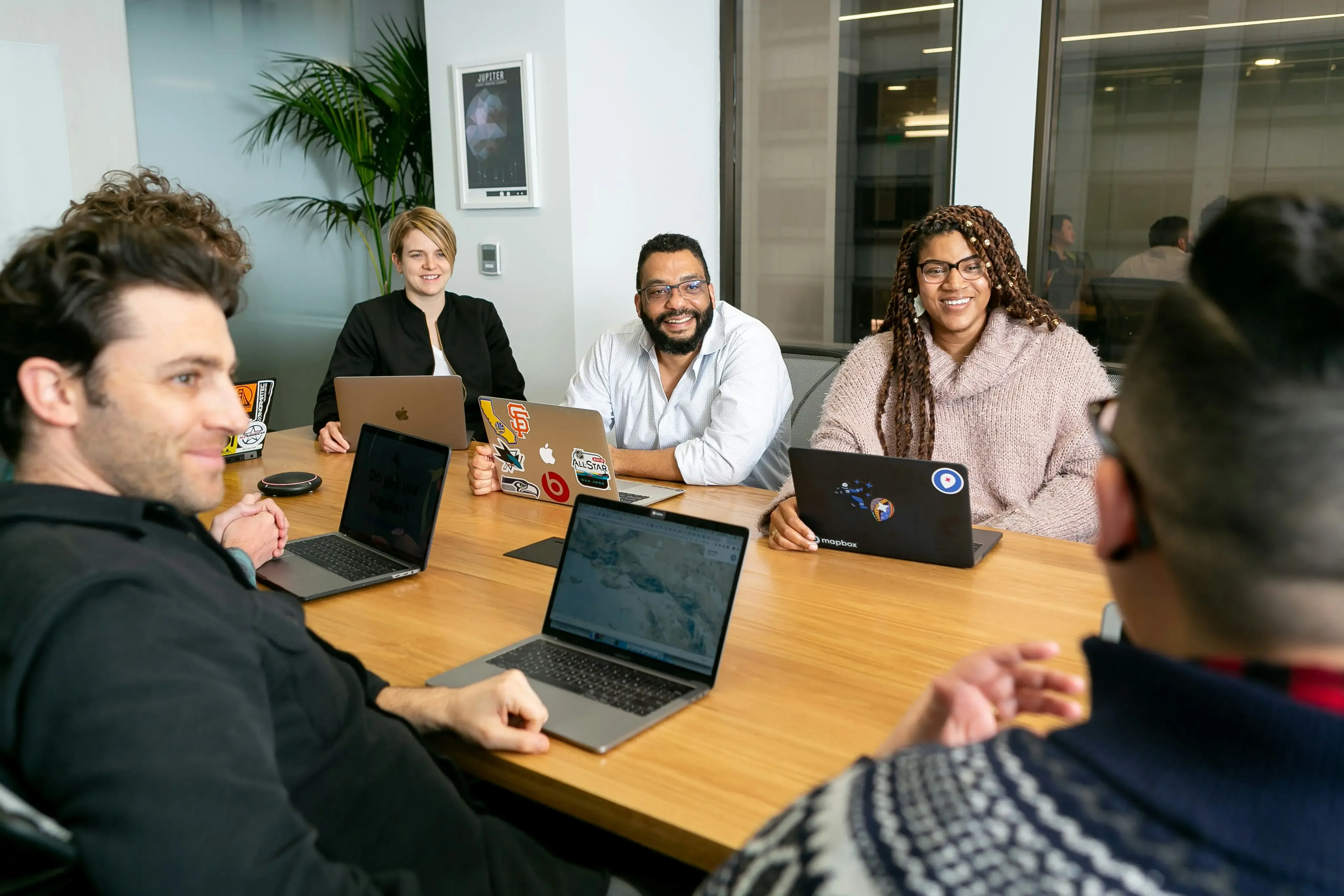
Expected deliverables
Prioritized feature backlog with clear rationale.
Scoring criteria framework for future decisions.
Product roadmap aligned with business goals.
Resource allocation plan matching priorities.
Success metrics definition for top priority items.
Prioritization methods comparison
Method | Best For | Time Required | Complexity |
|---|---|---|---|
Dot Voting | Quick consensus, large group | 15-30 minutes | Low |
MoSCoW | Feature categorization | 1-2 hours | Medium |
Value vs Effort Matrix | Resource-conscious planning | 2-3 hours | Medium |
Weighted Scoring | Complex multi-criteria decisions | 3-4 hours | High |
Kano Model | Customer satisfaction focus | 2-4 hours | High |
Pro tip: Use the "20/20/20 rule" during prioritization discussions. Spend 20% of time on high-impact items, 20% on quick wins, and 20% on strategic long-term features. This encourages balanced decision-making.
Example application
Consider a B2B software company facing pressure to build dozens of different features requested by various clients. A prioritization workshop using weighted scoring across user impact, technical effort, and strategic value might reveal that just a handful of features could satisfy the majority of user needs, allowing the team to focus development and ship faster.
Scoring framework example:
User impact (40% weight): How many users affected, severity of pain point.
Business value (30% weight): Revenue impact, strategic importance.
Technical feasibility (20% weight): Development effort, technical risk.
Competitive advantage (10% weight): Market differentiation potential.
Key success factors:
Establish clear scoring criteria upfront.
Include diverse perspectives in evaluation.
Be willing to cut popular but low-impact features.
Revisit priorities regularly as conditions change.
When faced with a plethora of competing ideas and the need for informed decisions, prioritization workshops offer a valuable tool for navigating these crossroads. Through voting, ranking, and cost-benefit analysis, participants weigh the potential impact, feasibility, and value of each idea, making sure that the most impactful and aligned features are selected for further development.
Benefits summary
By engaging in prioritization workshops, teams can:
Effectively evaluate a multitude of ideas and features.
Align decisions with user needs and business goals.
Prioritize features that maximize impact and feasibility.
Establish a clear roadmap for implementation.
With a well-defined priority list in hand, teams can move forward with confidence, making sure that their efforts are focused on the features that will deliver the greatest value to users and the business.

Critique workshops
What is a critique workshop? A critique workshop is a structured feedback session where designers present their work to diverse stakeholders for constructive evaluation and improvement suggestions. These workshops use frameworks and facilitated discussion to gather actionable feedback that enhances design quality while maintaining team morale and creative momentum.
When to use critique workshops
Critique workshops provide maximum value when:
Design concepts need external validation.
Teams are too close to their work to see issues.
Multiple design directions require evaluation.
Stakeholder buy-in is needed for design decisions.
Who should participate
Design team: All designers working on the project.
Stakeholders: Product managers, business owners.
Technical experts: Engineers familiar with constraints.
User representatives: Customer success, support staff.
Fresh eyes: Designers from other projects.
Typical workshop structure (1-2 hour format)
Presentation phase (20 minutes)
Design context and objectives explanation.
Solution walkthrough with rationale.
Key decisions and trade-offs discussion.
Feedback phase (45 minutes)
Structured critique using specific frameworks.
Individual reflection and note-taking.
Group discussion and consensus building.
Action planning phase (15 minutes)
Feedback categorization and prioritization.
Next steps and owner assignment.
Timeline for iterations establishment.
Expected deliverables
Comprehensive feedback log organized by category and priority.
Action item list with owners and deadlines.
Design iteration plan based on critical feedback.
Stakeholder approval status on current direction.
Success criteria for next design iteration.
Critique framework options
Framework | Focus Area | Best For |
|---|---|---|
I Like, I Wish, What If | Balanced feedback | General design reviews |
Rose, Thorn, Bud | Positive, negative, potential | Early concept evaluation |
Start, Stop, Continue | Behavior change | Iterative improvements |
Usability Heuristics | Interface standards | UI-focused critiques |
Jobs-to-be-Done | User goal alignment | Feature effectiveness |
Pro tip: Use the "feedback sandwich" approach: start with what's working well, address areas for improvement, then end with encouragement and next steps. This keeps designers motivated while ensuring honest feedback.
Example application
Imagine a mobile banking app team holding critique workshops for their new onboarding flow. The session might reveal that, while the interface is beautiful, users could feel overwhelmed by security setup steps. This type of feedback could lead to progressive disclosure design, potentially reducing drop-off rates during onboarding.
Effective critique guidelines:
Be specific: "The call-to-action button is unclear" vs. "I don't like the button."
Focus on user impact: How does this affect the user experience?
Suggest alternatives: Don't just point out problems, offer solutions.
Consider constraints: Technical, business, and timeline limitations.
Separate personal preference from user needs.
Key success factors:
Create a safe environment for honest feedback.
Focus criticism on the design, not the designer.
Use structured frameworks to guide discussion.
Document everything for future reference.
Follow up on action items consistently.
As design solutions take shape, the need for constructive design feedback becomes increasingly crucial. This is where critique workshops emerge as a valuable tool for gathering feedback, identifying areas for improvement, and ultimately enhancing the overall user experience.
Benefits summary
By participating in critique workshops, teams can:
Gather valuable feedback from diverse perspectives.
Identify areas for improvement in their design solutions.
Enhance the usability and effectiveness of their designs.
Foster a culture of continuous improvement.
With a wealth of insights and a commitment to refinement, teams emerge from critique workshops equipped to elevate their design solutions to new heights, making sure that they deliver a seamless and satisfying user experience.
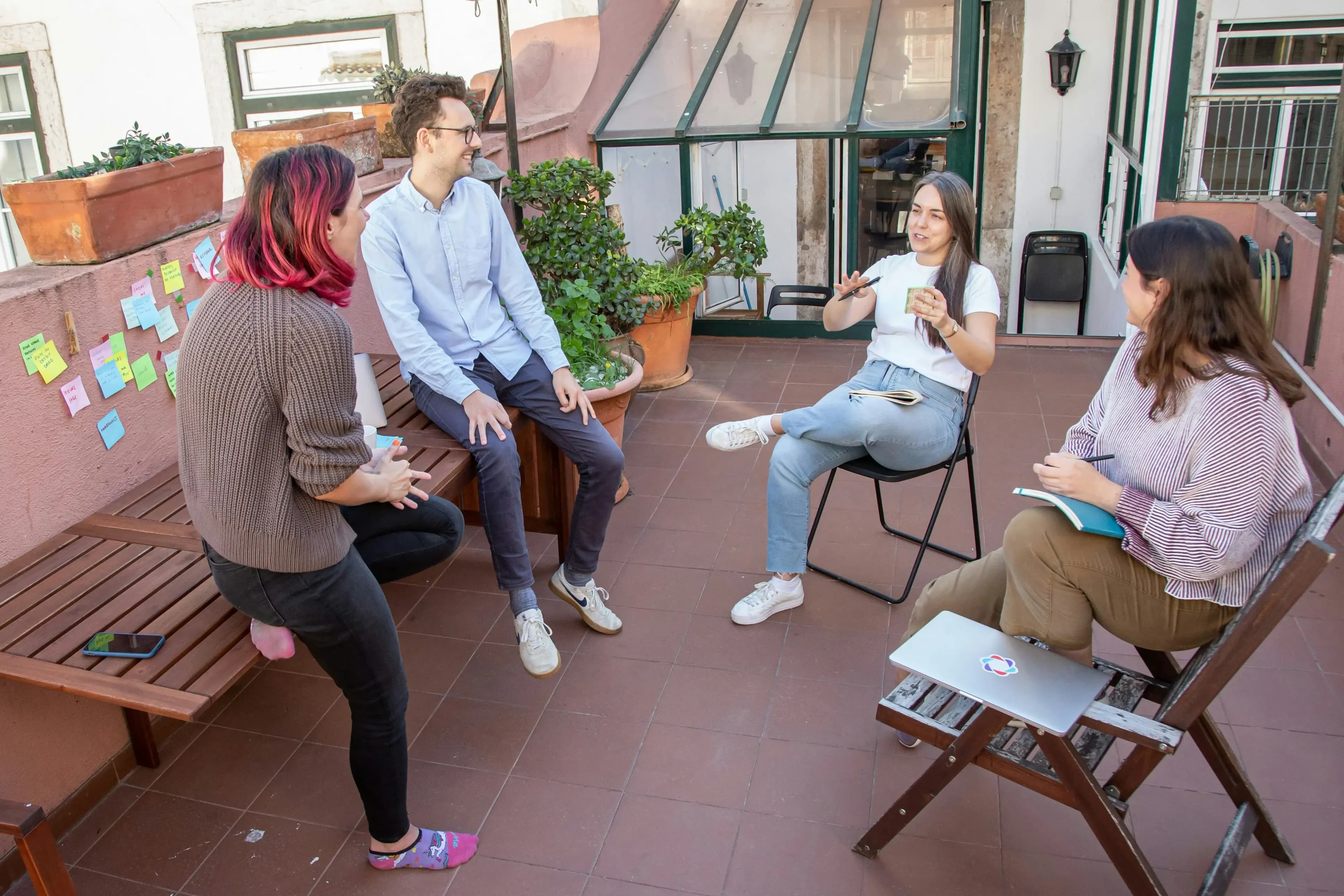
UX workshop planning and facilitation tips
Effective UX workshops require careful planning and skilled facilitation. Here are some key tips to make sure your workshops are engaging, productive, and achieve their desired outcomes.
Planning advice for UX workshops
Define clear objectives: Clearly articulate the goals of the workshop and what you hope to achieve.
Tailor the workshop to the project stage: Choose activities and discussions that align with the specific phase of the design process.
Select the right participants: One common challenge lies in making sure active participation from all attendees. With diverse personalities and expertise levels, engaging every individual can be a delicate balancing act. To combat this, consider incorporating icebreakers, creating a welcoming atmosphere, and employing techniques that encourage participation from all voices. I make sure to invite individuals with diverse perspectives and expertise relevant to the workshop's focus.
Prepare materials and tools: Gather necessary materials, such as whiteboards, markers, handouts, laptops, and any digital tools needed.
Create a conducive environment: Choose a comfortable and distraction-free space that facilitates collaboration and creative thinking.

Facilitation advice for UX workshops
Establish ground rules: Set clear expectations for participation, communication, and respect.
Set the stage: Briefly introduce the workshop, its objectives, and the agenda for the day.
Energize participants: Use icebreakers or warm-up activities to engage participants and create a positive atmosphere. I’m a big advocate of ice-breaker sessions, and I start each UX workshop with a session around improv activities.
Guide discussions: Facilitate discussions effectively so that everyone has a chance to contribute and explore ideas thoroughly. Making sure that discussions remain focused and productive can be a challenge. To do this, I like to set a clear direction, establish ground rules for respectful communication, encourage active listening, and redirect off-topic discussions back to the workshop's objectives.
Manage time effectively: Stick to the workshop schedule and manage time wisely to cover all planned activities. With a packed agenda of activities and discussions, staying on track can be a struggle. To maintain a steady pace, clearly communicate the workshop schedule, break down activities into manageable chunks, and use time-keeping tools. I timebox all activities. It may seem rigid, but I find that it’s necessary to foster creativity and avoid burnout.
Capture key insights: Document important ideas (for example, in a research repository), decisions, and action items throughout the workshop. Effectively capturing and documenting key insights from the workshop is essential. To make sure that valuable ideas and decisions aren’t lost, have a designated note-taker, use digital tools for real-time documentation, and summarize key takeaways at the end of the workshop.
Seek feedback: Gather feedback from participants to improve future workshops.
By proactively addressing these challenges and implementing effective strategies, UX workshops can transform potential roadblocks into catalysts for innovation and user-centered design.

Emerging trends in UX workshops
UX workshops have emerged as a powerful tool for fostering collaboration, innovation, and user-centered design. As the field of UX continues to evolve, so too do the trends and approaches to these workshops.
Here are some of the emerging trends that are shaping the future of UX workshops.
Virtual and remote collaboration
The rise of remote work and distributed teams has called for a shift towards virtual and remote UX workshops. This trend is likely to continue as organizations seek to engage diverse perspectives and expertise, regardless of geographic location.
Emerging technologies
The integration of emerging technologies, such as virtual reality (VR) and augmented reality (AR), is transforming the way UX workshops are conducted. These technologies provide immersive and interactive experiences that can enhance user understanding and empathy.
Data-driven insights
UX workshops are becoming increasingly data-driven, incorporating user research findings, analytics, and data visualization tools to inform discussions and decision-making. This data-centric approach leads to more informed and user-centered designs.
Continuous learning
The dynamic nature of UX demands continuous learning and adaptation. UX workshops are evolving to incorporate ongoing learning opportunities, such as mini-training sessions, knowledge-sharing activities, and post-workshop follow-ups.
Fostering UX culture
UX workshops aren't just about specific projects; they're also about cultivating a culture of UX within your organization. These workshops are becoming a catalyst for promoting UX principles and practices throughout the organization.
The future of UX workshops is bright and full of exciting possibilities. By embracing these trends and adapting to the ever-changing landscape of UX, your organization can harness the power of these workshops to create innovative, user-centered products and services.
Test workshop outcomes
Transform your workshop concepts into user-validated designs. Try Lyssna free and bridge the gap from ideas to insights.
FAQs

Rakhi Khialani
Design researcher and facilitator
Rakhi Khialani is passionate about empowering teams through design sprints. As a design researcher and facilitator, she guides companies in crafting user-centric experiences.
You may also like these articles
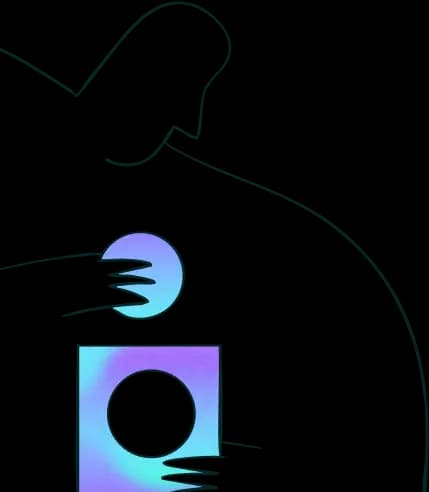

Try for free today
Join over 320,000+ marketers, designers, researchers, and product leaders who use Lyssna to make data-driven decisions.
No credit card required
